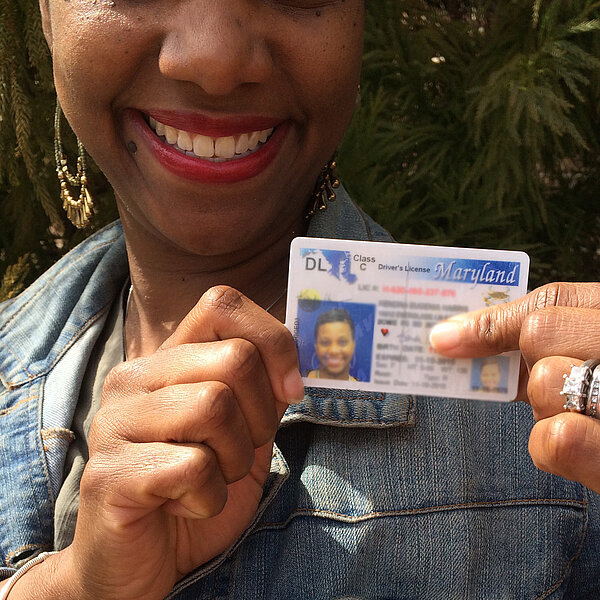Frequently Asked Questions About Living Donation
- Living donors should be in good overall physical and mental health and free from uncontrolled high blood pressure, diabetes, cancer, hepatitis and organ diseases.
- For the benefit of both the donor and the recipient, potential living donors undergo very thorough psychological, psychosocial and medical screenings and evaluations to ensure they are healthy and suitable to undergo the procedure.
- Your decision to serve as a donor should be completely voluntary and free of pressure or guilt. A living donor cannot be paid for the donated organ because it is illegal under the National Organ Transplant Act of 1984. However, living donors may receive reimbursement for certain expenses related to the donation process. Talk to a social worker or financial coordinator at the transplant center for more information.
Directed Donation
Directed Donation is the donation of a kidney or the lobe of a liver to a specific transplant candidate who may or may not have a biological connection to the donor. Biologically-related donors are blood relatives, such as parents, brothers/sisters and adult children. Unrelated donors can include people who have some type of social connection with a transplant candidate, such as a spouse or significant other, friend or coworker. Other unrelated donors may be acquaintances or even strangers who have learned about a transplant candidate.
NON-DIRECTED DONATION
These individuals donate to an anonymous candidate on the national transplant waiting list. Some of these donors may eventually meet the transplant recipients, but only if both parties agree.
The transplant recipient’s insurance will cover your general expenses as a donor, such as the evaluation, surgery and limited follow-up tests and medical appointments.
However, the recipient’s insurance may not cover follow-up services for you if medical problems occur from the donation. Your own insurance may not cover these expenses either. The recipient’s insurance coverage usually does not include transportation, lodging, long-distance phone calls, childcare or lost wages.
You should talk about any financial concerns with the transplant center staff. They may have resources available for you. Also, consider contacting the National Living Donor Assistance Center at 703.414.1600 or LivingDonorAssistance.org. This service may be able to provide financial help for travel, lodging, meals and other non-medical expenses connected with your evaluation, surgery and follow-up services (within 90 days after the donation).
Transplant centers must turn in follow-up forms on living donors for two years after the donation surgery. It is important to ask your transplant team about payment for follow-up care. The center and the recipient’s insurance may not cover these costs.
Some transplant candidates have Medicare, which may provide coverage for donors who have donation-related complications. For more information, contact Medicare by phone at 1.800.633.4227 or at www.medicare.gov (TTY users can call 1.877.486.2048). Talk with your transplant center about medical and disability insurance that provides coverage for problems that may occur from the donation. Some centers may provide these services free of charge, while others may offer them for purchase.
Still have questions?
Contact us


